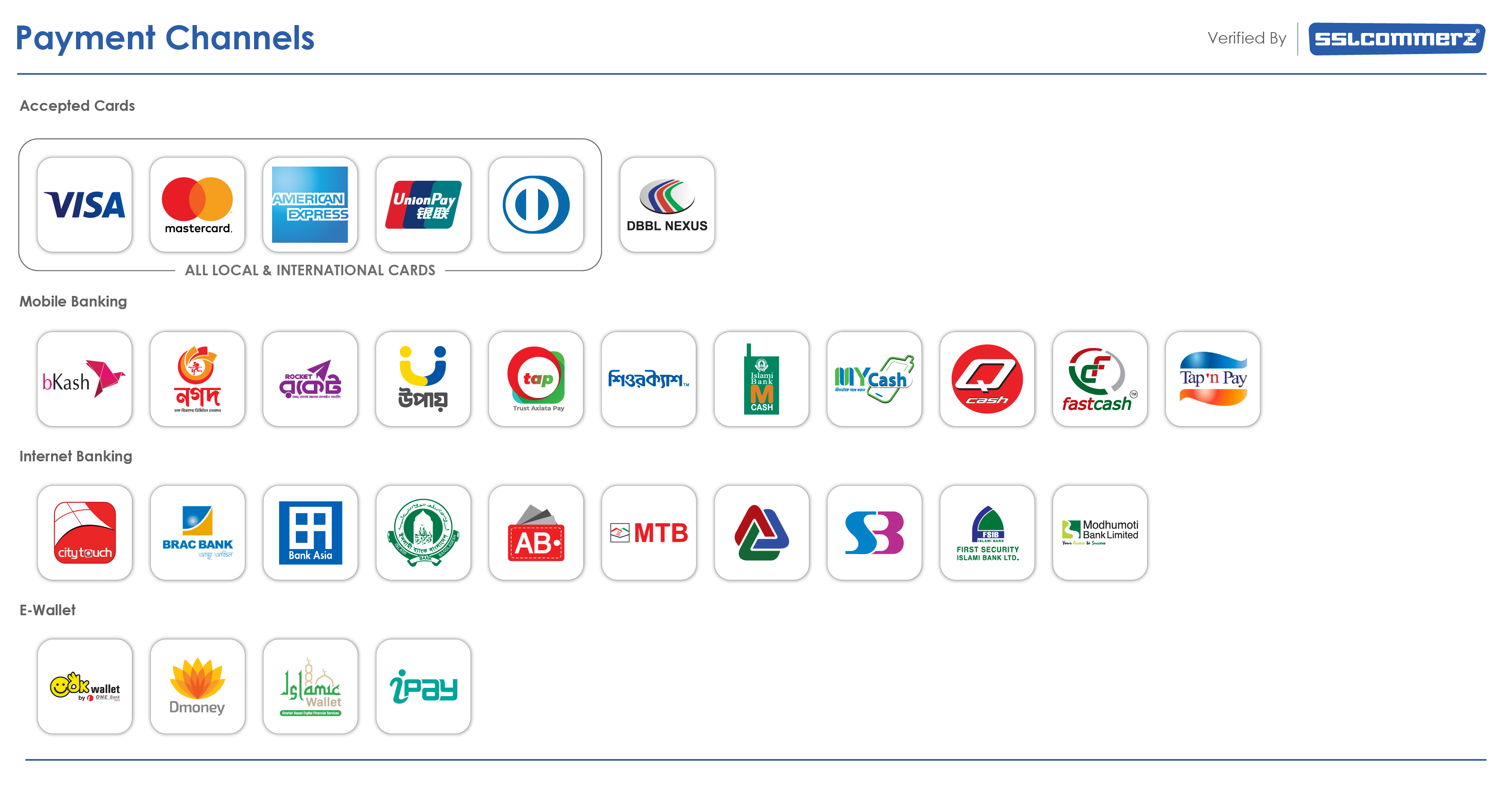Real estate collateral, or property collateral, is the practice of using one’s home or other property as collateral. From one of these, which may be considered as collateral primary meanings, it must therefore be deduced. Horace had been playing poker with a mortician, who had put the car up as collateral.
Your CreditWise score is calculated using the TransUnion® VantageScore® 3.0 model, which is one of many credit scoring models. Your CreditWise score can be a good measure of your overall credit health, but it is not likely to be the same score used by creditors. The availability of the CreditWise tool depends on our ability to obtain your credit history from TransUnion. Ask a question about your financial situation providing as much detail as possible. Your information is kept secure and not shared unless you specify. Our writing and editorial staff are a team of experts holding advanced financial designations and have written for most major financial media publications.
The various types of collateral are used in lending and financial transactions, including real estate, vehicles, stocks and bonds, and other financial assets. Collateral refers to property or assets that borrowers pledge to lenders as security for a loan. Lenders can take possession of the collateral if the borrower does not repay the loan according to the terms of the agreement. In a typical home-buying transaction, for example, the property is used as collateral to secure a mortgage loan from a bank. If the buyer cannot make the mortgage payments and defaults on the loan, the ownership of the property is then transferred to the bank through a legal process called foreclosure. The bank then sells the foreclosed property to recover its losses.
Do you own a business?
Lenders like this sort of collateral because it tends to maintain its value over time. Homes are usually worth a lot of money, meaning they can give borrowers scope for larger loans. As well as being used in the matter of loans, collateral in finance is also a thing. For instance, a collateralised debt obligation or CDO is a kind of security which collects assets that repositions them into distinct groups that can then be bought by investors. The pooled assets then become debt obligations, serving as collateral for the CDO. Collateral is an asset, such as a home or a car, pledged by a borrower that a lender accepts as security against a loan in case the borrower for any reason cannot pay back the loan.
While using collateral can be beneficial for obtaining credit, there are also risks involved. If the borrower defaults on the loan, they may lose the collateral that they provided, which could have significant financial and emotional consequences. Traders opening a margin account are required to provide collateral in the form of cash, stocks, or other financial assets, which serves as a form of security for the margin loan. In fact, a mortgage or a home equity loan may require the borrower to pledge their property as security for the loan. If a borrower defaults on a loan, then the lender has immediate access to funds and does not have to worry about selling any items to generate cash.
Table of Contents
Collateral is often used in debt collection, bankruptcy, and other legal cases as a way to secure payment. For example, if a borrower defaults on a loan, the lender may be able to seize the collateral to recover their losses. Collateral is commonly used in financial markets, particularly in derivatives trading and other complex financial transactions. By requiring traders to provide collateral, financial institutions reduce their credit risk and increase the efficiency and stability of the market. Common types of collateral used in financial markets include cash, government bonds, and high-quality corporate bonds. Collateral, a borrower’s pledge to a lender of something specific that is used to secure the repayment of a loan (see credit).
Our Team Will Connect You With a Vetted, Trusted Professional
- Keeping collateral can help minimise the amount of risk lenders take on, because they will have something which could, at least in theory, cover their costs.
- While it is relatively easy to convert them into cash, there could be a problem if their value declines below that of the loan.
- When financing a home or other real estate, the buyer pledges that real estate as collateral so that the bank’s risk is limited in the case of default and subsequent foreclosure.
- The various types of collateral are used in lending and financial transactions, including real estate, vehicles, stocks and bonds, and other financial assets.
- Another type of collateral that is commonly used in financial transactions are stocks and bonds, particularly in margin accounts and other types of securities trading.
If you have any assets being used as collateral on a loan and don’t miss any payments, you won’t lose your collateral. However, if you fail to make payments on time and ultimately default on your loan, the collateral can then be seized and sold, with the profits being used to pay off the remainder of the loan. Collateral is used as a guarantee that the payment will be made if the party that owes the payment defaults. The use of collateral helps to reduce the risk of default and ensure that both parties are protected. Home equity loans best investment options 2021 also require collateral, which is typically the borrower’s home.
You also may use future paychecks as collateral for very short-term loans, and not just from payday lenders. Traditional banks offer such loans, usually for terms no longer than a couple of weeks. These short-term loans are an option in a genuine emergency, but even then, you should read the fine print carefully and compare rates. If you are considering using collateral in a loan agreement or other financial transaction, it is important to carefully weigh the benefits and risks and seek professional advice if necessary.
In this case, the amount of the loan will not exceed the available equity. For example, if a home is valued at $200,000, and $125,000 remains on the primary mortgage, a second mortgage or HELOC will be available only for as much as $75,000. Someone on our team will connect you with a financial professional in our network holding the correct designation and expertise. At Finance Strategists, we partner with financial experts to ensure the accuracy of our financial content. For information pertaining to the registration status of 11 Financial, please contact the state securities regulators for those states in which 11 Financial maintains a registration filing. Collateral can also play a role in securing judgments or settlements in legal cases.
What is a secured credit card and how does it work?
The specific types of financial assets that are accepted as collateral may vary depending on the lender or financial institution. Different types of collateral include real estate, business equipment, inventory, cash, invoices and blanket liens. Collateral is usually used as a way to ensure that borrowers can maintain their obligation to repay a loan, and it also helps lenders decide who they are able to both lend money to and get money back from. “A secured loan gets backed by some type of collateral, such as your vehicle or a savings account.”—”What Is A Personal Loan? If the homeowner stops paying the mortgage for at least 120 days, the loan servicer can begin legal proceedings, which can lead to xrp price chart market cap and info the lender eventually taking possession of the house through foreclosure. Once the property is transferred to the lender, it can be sold to repay the remaining principal on the loan.
A business that obtains financing from a bank may pledge valuable equipment or real estate owned by the business as collateral for the loan. In the event of a default, the lender can seize the collateral and sell it to recoup the loss. Loans secured by collateral are typically mt4 white label and mt5 white label available at substantially lower interest rates than unsecured loans.
Our work has been directly cited by organizations including Entrepreneur, Business Insider, Investopedia, Forbes, CNBC, and many others. Our goal is to deliver the most understandable and comprehensive explanations of financial topics using simple writing complemented by helpful graphics and animation videos. Finance Strategists has an advertising relationship with some of the companies included on this website. We may earn a commission when you click on a link or make a purchase through the links on our site. All of our content is based on objective analysis, and the opinions are our own.
Not only does collateral minimize the risk lenders are exposed to because it secures the financing, but it also can help borrowers access lower interest rates and higher loan amounts. Collateral can take many forms, including real estate, vehicles, stocks and bonds, and other financial assets. The specific type of collateral required by lenders may vary depending on the type of loan or transaction. For example, when a homebuyer obtains a mortgage, the home serves as the collateral for the loan.
All such information is provided solely for convenience purposes only and all users thereof should be guided accordingly. In summary, the importance of collateral cannot be overstated, and taking the time to understand its various uses and implications can help you make sound financial and legal decisions. While you’re thinking about loans, it may help to review your credit scores and credit reports to better understand your financial standing. Depending on your situation, there could be advantages and disadvantages to getting a secured loan. Julia Kagan is a financial/consumer journalist and former senior editor, personal finance, of Investopedia.
If you take out a car loan, then the car is the collateral for the loan. The types of collateral that lenders commonly accept include cars—only if they are paid off in full—bank savings deposits, and investment accounts. Collateral refers to property or assets that a borrower pledges to a lender as security for a loan. If the borrower fails to repay the loan according to the terms of the agreement, the lender can take possession of the collateral. Collateral is used to reduce the lender’s risk when making a loan.

